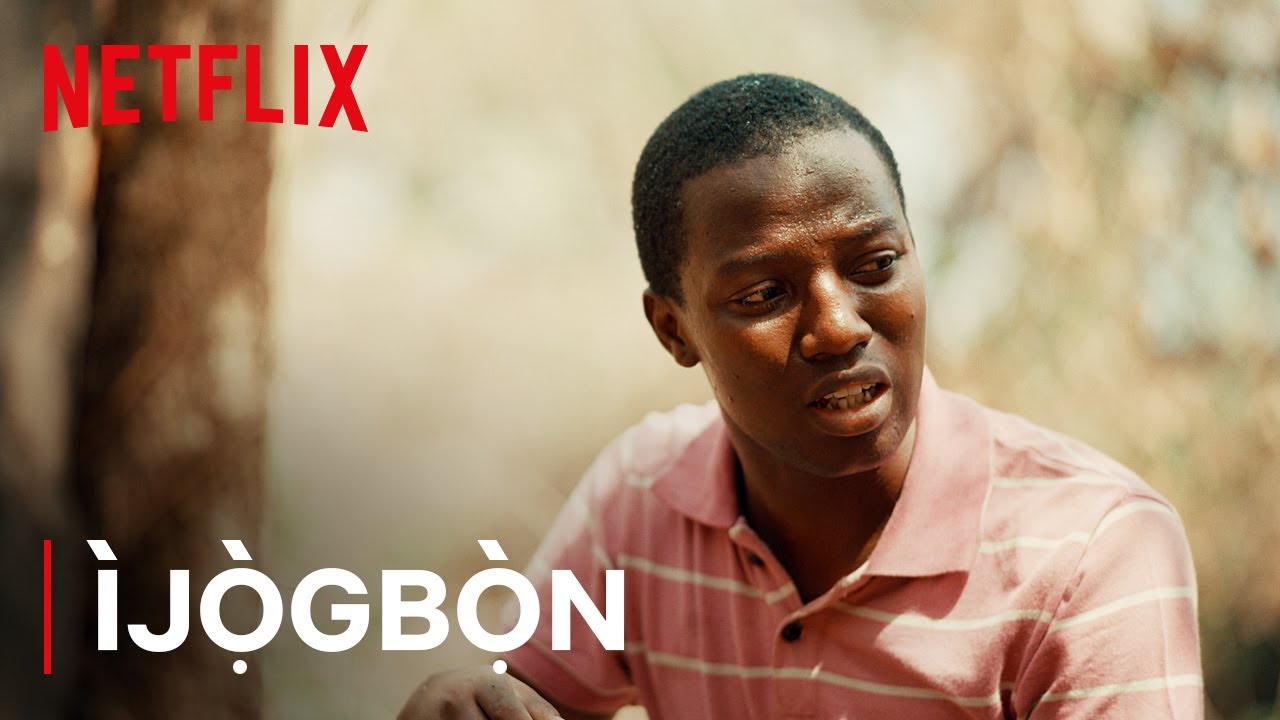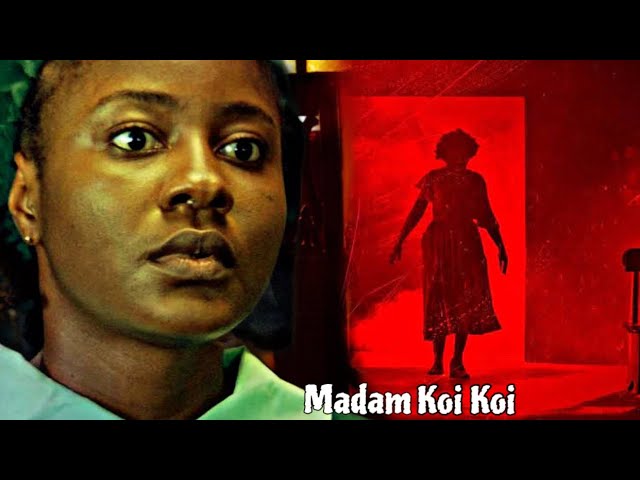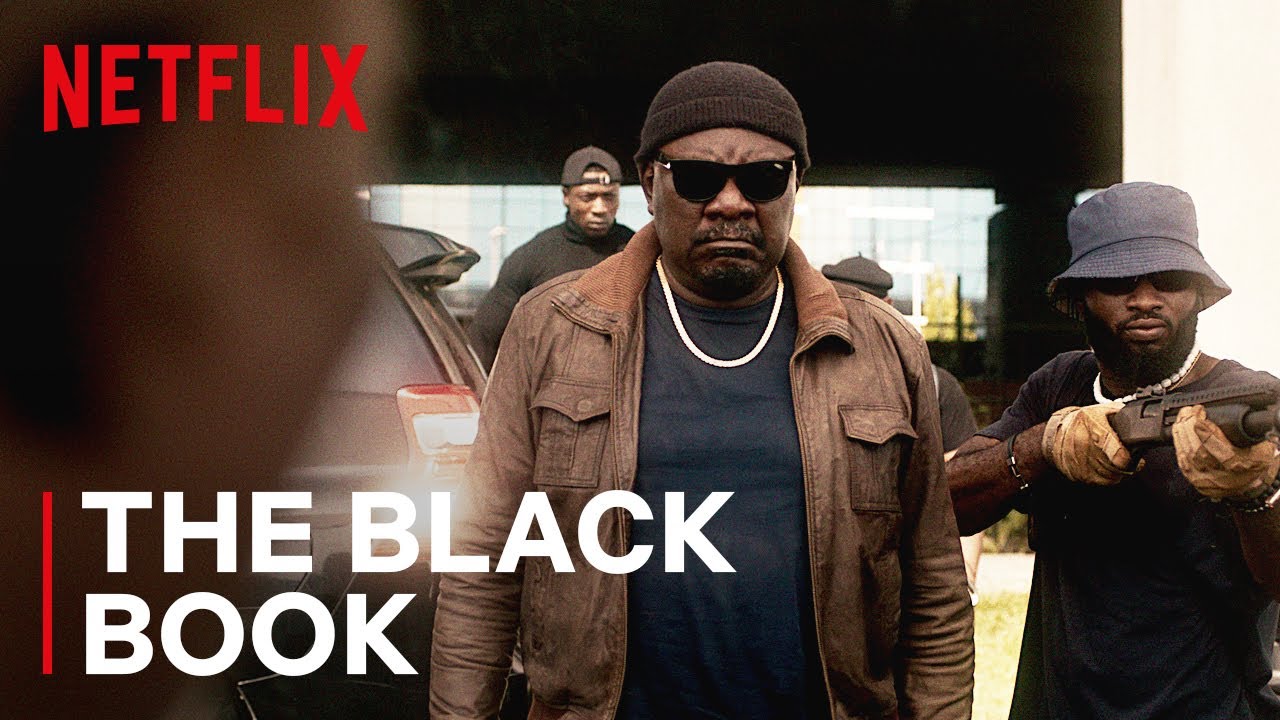Features
3 Recent Nollywood Movies Addressing Socio-Cultural Issues
I enjoy watching Nollywood movies. One is because I am a firm believer in nurturing our own – whether or not it is perfect. The growth in our movie industry is also palpable; we can see the effort being put into the movies and the results too. These newly released movies (“newly” refers to movies released in recent times and showing on Netflix) are not just vibes; many of them – like King of Boys, Gangs of Lagos, The Black Book, and so on – are part of (or even starting) socio-cultural and political conversations. And I find myself ruminating over a few scenes and dialogues as I watch.
So I’m going to share 3 very recent movies that have addressed societal issues. Perhaps not the entire movie, but a few scenes and dialogues that stood out for me.
Ijogbon

If I were to write Ijogbon, it would have ended this way: Jamiu would share the diamonds equally among himself, Omo Oba (Prince), Ranti and Oby. Okay, rewind… the quartet would have found the diamond stones, kept them, perhaps sold them to a more trustworthy dealer and split the money equally – each making a resolve to enjoy it quietly and build something for their future. And everyone lives happily ever after. If you are asking about Chidera and her goons, well, they would never have found out because Omo Oba wouldn’t have had an iPhone 13 to show off in the first place. But, hey, I know life doesn’t work this way.
Ijogbon made me think about the greediness of the world (read people). Look at the number of people who lost their lives for diamonds that were not theirs to own in the first place. Then look at Jamiu, who held on to them as though his life depended on them. One thing Jamiu failed to realise is that there’s a place for ambition, but there’s also a place for greed and in this movie, he blurred the line. Unrelated but Ijogbon reminded me of The Platform – a movie that messed me up for weeks. The similarity between these two, for me, is the realisation (for the umpteenth time, by the way) that if every human took just enough for themselves and their family, resources would go round and everybody would get something. Even if you took slightly more than enough, resources would still go round, albeit unequally. But greed is the reason why you would wipe a plate clean like an elebi, preventing the next person from getting any meal at all. So what we have is someone with an over-bloated belly due to overfeeding and another has his ribs threatening to tear his flesh due to starvation.
Explain why Jamiu couldn’t just give Ranti his diamonds when he asked for them and you’d find out it was a mix of greed and an inflated sense of self. Because who are you to demand its custody even to the point where you’re willing to fight Ranti because of it?
Madam Koi-Koi

Madam Koi-Koi may be the evil spirit terrorising the community, but the real horror in the movie is the violence against women. The entire character of Madam Koi-Koi was established on societal wrongs done to women. When the doctor, Olufemi Olaleye, who raped his wife’s niece was sentenced to life in prison, many men took to their Twitter to express their displeasure about the sentencing. They agreed he needed to be punished but with about 10 years in prison, not life imprisonment. After all, it was just rape. But rape can never be just. It is one of the most gruesome, life-altering things to do to anyone. Rape alters victims’ lives in ways we cannot begin to explain or imagine. The fact that people can easily brush it aside, and underestimate its impact is why we have people like Madam Koi-Koi roaming around the community, seeking revenge. Perhaps, if the men who raped her had understood the impact their actions would have on her life (literally), they would have let her be that night. Don’t even protect her, just let her be. And that is what women are asking for: to feel safe in our communities, and in the world. With Madam Koi-Koi, we are again reminded of how deeply the scars run when a woman is raped.
Still, I believe Madam Koi-Koi has not done justice in addressing the issues of rape; I sense the passiveness with which it’s being handled. If viewers can be shown rape scenes so explicitly, we want to see justice meted out meticulously too. So far, women are not getting proper justice for the wrongs done to them. Fingers crossed for the next episode!
All her children died before the age of four and the villagers thought she was responsible for the deaths of her children and they called her a witch.
Of course, it was done in error. No one knew that the children passed away as a result of sickle cell aneamia.
– Madam Koi-Koi (Episode 2)
The aftermath of the above was that the woman was hung to death and her spirit roamed around, seeking vengeance until it eventually entered Madam Koi-Koi. I like the way the movie subtly addressed the ignorance that surrounded sickle cell years past. Growing up, I heard so many stories of women (witches) in my hometown eating their babies, as all the children had died before a certain age. Now we know better. Still, too many women’s lives were cut short because of the death of children – even though it took two to make them.
The Black Book

When The Black Book was released, one of the clips that circulated on Twitter was of Damilola being harassed by the Nigerian police. In truth, almost everyone can relate to being harassed by one law enforcement agency or not. If it is not ununiformed SARS officials running after imaginary yahoo boys in their korope, it will be EFCC barging into hostels to illegally arrest students, and then using phones and laptops as proof of fraud. So it is no surprise that many people watched the movie; they could relate. The scene does not only expose the dysfunctional structure of the system for lack of proper investigation, it is also horrifically nostalgic as it reminds young Nigerians of the events that led to the struggle that was brutally ended at Lekki Toll Gate in 2020. If nothing else makes sense in the movie, that scene is a stand-alone. A reminder that the path to justice in Nigeria is still a painfully long one.





















